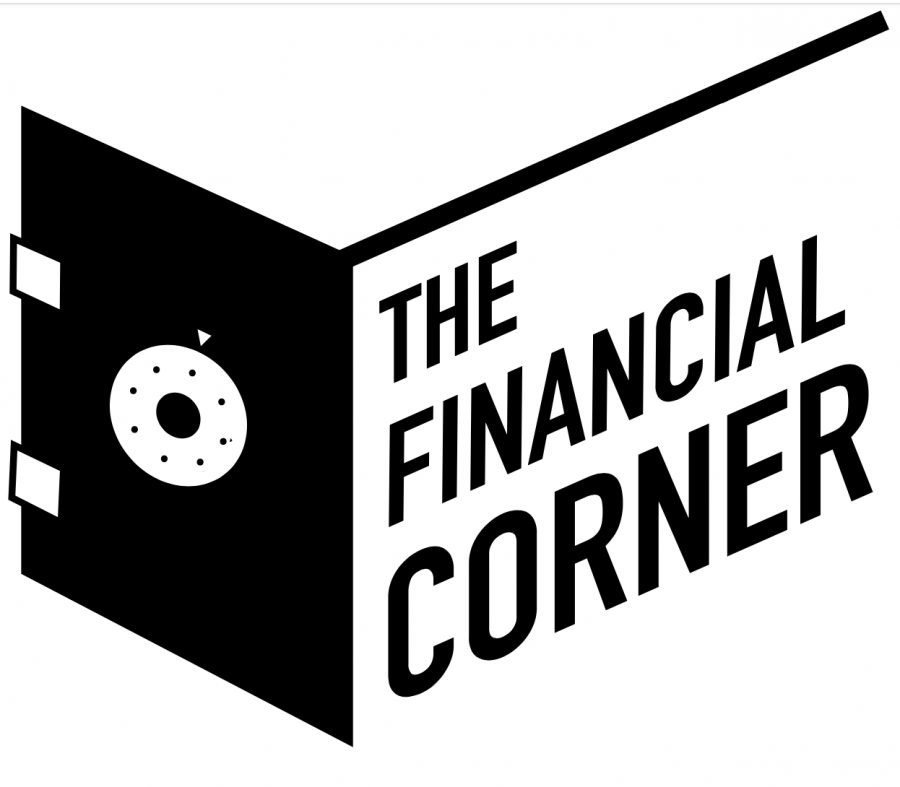Credit report vs. credit score – what’s the difference?
February 8, 2022
If you have questions about credit reports and credit scores, you’re not alone. These subjects play a big role in your financial health but can sometimes seem complicated or even overwhelming – but they don’t have to be.
Start with these frequently asked questions to learn the basics about credit and begin building a stronger financial future.
How are credit reports different from credit scores?
Your credit report is a complete record of your credit history, while your credit score is a number based on your credit report.
Credit reports include all your credit card and loan details, including dates accounts were opened, the balance and payment history, and any late payments or defaults. Your credit report also lists recent hard credit checks and closed accounts.
What is a credit score?
Your credit score is a number based on information in your credit report that evaluates your creditworthiness. Put simply, it’s a rating of how likely you are to repay a loan.
Credit scores range from 300 to 850. The higher the score, the better.
How can I see my credit report?
You can check your credit report for free. The three nationwide credit bureaus: Equifax, Experian and TransUnion, are required to provide you with a copy of your credit report once per year – and all you have to do is ask.
A website called annualcreditreport.com is a great way to request your credit report. The website is sponsored by the federal government and allows you to request copies of your report from the credit bureaus all at once, or to stagger your requests throughout the year.
If you’d like to see your credit score, Credit Karma offers the ability to view your score for free.
Some financial institutions also offer the ability to view your credit score and full credit reports for free, as well. Inquire with your financial institution to learn about their offers.
What affects a credit score?
Your credit score is based on:
- Your payment history – if you pay your loans and bills on time.
- How much of your available credit you use – also known as your credit utilization ratio.
- What types of credit you have – such as car loans, student loans and credit cards.
- How long you’ve had your credit – the age of your credit accounts.
- Recent hard credit checks – such as when you submit a loan application or open new credit.
Your credit score is not based on:
- Your job
- Your income
- Your savings accounts and investments
- Your spouse’s credit score
Why is my score important?
Credit scores are used for a variety of reasons, most commonly by lenders when you apply for a loan or credit card.
Lenders look at your score to help determine if they will approve your application and what interest rate you qualify for. Generally, higher credit scores mean more competitive interest rates and more generous terms.
Other institutions may also check your credit to assess how creditworthy you are, including insurance companies, cell phone companies, utility companies and landlords and potential employers.
How do I build credit?
If you’re just starting out in your financial life, you might not have much credit history. However, there are many products and services that can help you create a strong foundation and begin building credit.
For example, opening a low-limit card and paying it off every month is a great way to establish your credit history while avoiding fees and interest payments.
If you don’t yet qualify for a regular credit card, consider a secured credit card, which is designed especially for building or rebuilding credit. With a secured card, you provide a refundable deposit that ensures you don’t spend more than you can repay.
Another popular option for building credit is to get a co-signed loan, such as for a personal loan or student loan. A co-signer guarantees they will pay back the loan if you cannot. A co-signer should be a trusted friend or family member, usually a parent or other close relative.
How can I improve my score?
Good credit habits can improve your score as well as your overall financial health. Increasing your score can take time but stick with it, and you’ll see results.
- Pay your bills on time. This includes credit cards, loans, cell phone bills, utility bills – everything!
- Keep your credit utilization below 30%. This means that if you have a credit card with a $1,000 limit, try to keep your card spending under $300.
- Don’t close accounts. Length of credit history affects your score, so don’t cancel cards or close accounts unless you need to.
- Avoid multiple applications. Your score is affected by every hard credit pull, which happens when you apply for a loan or credit card.
Financial Corner is a direct response to student requests for more information on navigating money matters. The tips are provided by Kristi Cutts, branch manager of UW Credit Union’s UW Oshkosh branch.














